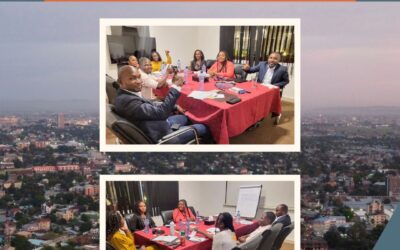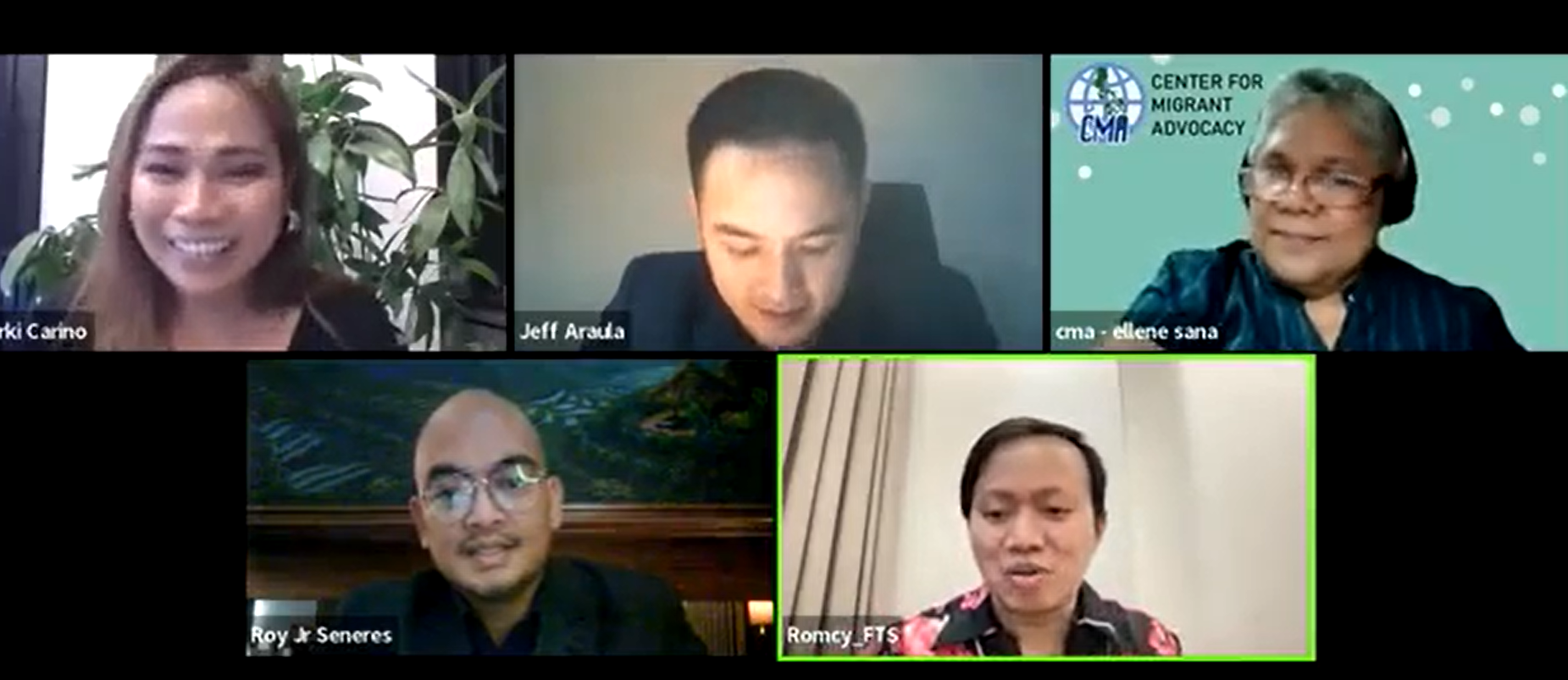FTS has joined 11 other humanitarian and human rights organizations to urge congressional action on the Democratic Republic of the Congo (DRC), as security conditions threaten to worsen in volatile eastern sections of the country.
“We are at a crucial time for the DRC,” the letter states. “With a new peace accord signed and rebel warlord Bosco Ntaganda at the International Criminal Court, there is a real opportunity to bring peace to the region. Yet, without action, the daily reports of violence will not end.” Read the full letter here.
The letter asks House members to co-sponsor House Resolution 131, which calls for enhancing U.S. leadership in fostering peace in the DRC. Sent to members of the House Foreign Affairs Committee, the letter seeks to broaden bipartisan support for ending the root causes of conflict and human rights abuses in Congo – including slavery. More than 50 House members have already co-sponsored.
The resolution urges the Obama administration to take several needed steps, including: the creation of a U.S. special envoy to bring higher-level leadership to American diplomatic efforts; developing actionable recommendations for holding violators of international criminal law, including slaveholders, accountable; and a focus on prevention and attacking the root causes of conflict and violence.
“This resolution is at an important first step towards the U.S. comprehensively addressing the conflict in the DRC by recognizing and resolving the underlying problems that allow it to persist,” the letter to House members states.
Eastern Congo has been one of the deadliest spots on earth. Millions have died during the conflict between warring rebel militias and the national army. Vast mineral wealth is at stake, and control of slaves who are forced to work in the mines.
Many forms of slavery exist within the DRC. Some are directly linked to the conflict, including the use of child soldiers and the kidnapping of civilians for forced labor and sexual slavery by illegal armed groups and uncontrolled army units. Other forms of slavery exist because of extreme poverty and the lack of community-enforced norms respecting human rights.
U.S. government leadership could help to end the conditions that allow modern forms of slavery to persist – including in the mining zones that are at the center of the conflict.
Read FTS’ expose on slavery in Congo here. See child slaves in Congo speak out here.


